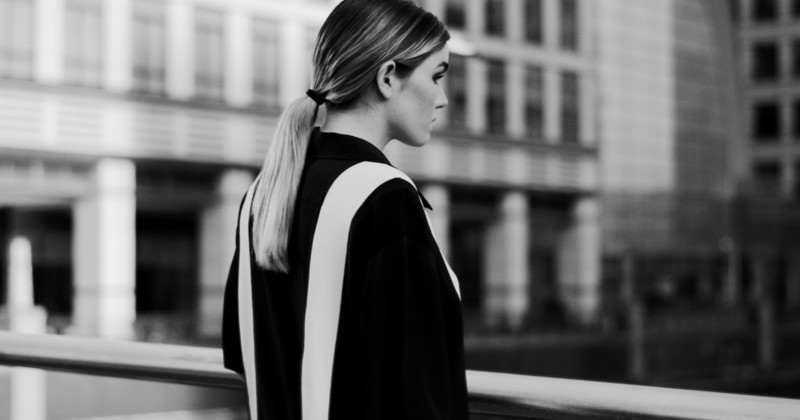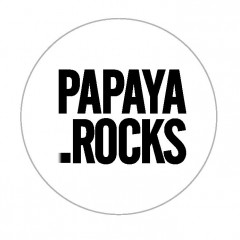We speak to the director of NO, which will be screened at Papaya Rocks Film Festival.
As this is your World Premiere, do you think nerves will set in closer to your screening?
For sure, but in a good way, happy nerves!
Tell me a little bit about NO. How did this film come about?
NO is my graduation film from the Directing Commercial course at National Film and Television School. It was based on a brief that had been assigned to us. The intention behind it was to promote eco-fashion and to deliver the message in 40 seconds.
What was the inspiration behind your film?
When you’re working with a brief and/or for a brand, I believe it’s important to understand what the brand identity is and being able to adapt your visual style to it. In this way, the unicity of the brand merging with your own visual style can create something distinctive. I knew from the start that we had limited resources and that we had to work with three assigned actors. Based on that, I decided to challenge myself by adding an abstract narrative structure in such a small amount of screen time.
What was the hardest scene for you to film?
Definitely the studio scene. Everything was shot in one day, I had several locations and the budget to hire a studio was very limited. In the end, I was lucky enough to find a nice studio, but it was very small – I had to sacrifice and “cheat” some shots because I couldn't fit all the three characters in it.
What were the biggest challenges you faced making this film?
One of the biggest challenges was to find an empty cityscape. Then – dealing with the cold weather! We shot this film in early December in one of the coldest days of the year and I had to make sure that everything looked like spring for the kind of product we were promoting.
Have you always wanted to be a filmmaker?
The younger “me” wanted to be a writer, but then I was introduced to the theatre, working as an assistant director on a play. I was fascinated by the idea of bringing characters to life and from then on I've experimented, made mistakes, learnt... and still have so much to learn! But now, more than ever, I know that I want to be a filmmaker.
How important is the collaborative process for you?
It’s the most important aspect in filmmaking. The vision cannot be translated into film if the team producing it is not on the same page. When I gather the crew for a project, I make sure that we're all passionate about it, that we have similar taste and understand what needs to be done in order to make it happen.
Do you have any advice or tips for a fellow filmmaker?
Try to work with what you have, so you can create your own opportunities, and always keep in mind what you love to do. This way, you can discover or refine your own style and improve your skills.
What do you hope people will take away from your film?
That they shouldn’t be afraid to experiment. Overall, I hope they’ll feel inspired to put their own ideas into practice.
see also
- Do Nolan Films Have a Sound Mixing Problem? Director Addresses Complaints
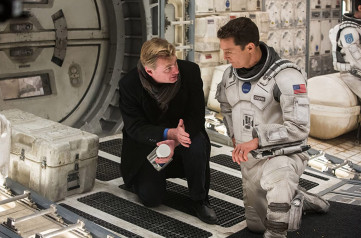
News
Do Nolan Films Have a Sound Mixing Problem? Director Addresses Complaints
- Music Straight to the Brain. Elon Musk to Reveal Details of Mysterious Neuralink Project

News
Music Straight to the Brain. Elon Musk to Reveal Details of Mysterious Neuralink Project
- Longing For Cinemas? Make A Video For Multikino At Papaya Young Directors
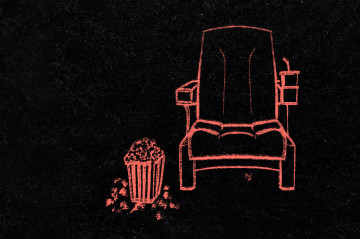 Papaya Young Directors
Papaya Young DirectorsNews
Longing For Cinemas? Make A Video For Multikino At Papaya Young Directors
- Eduard Micu: Things that make us laugh
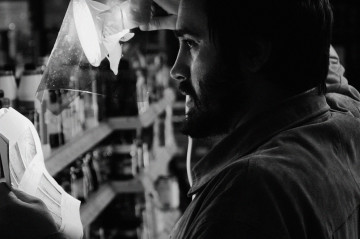 Papaya Young Directors
Papaya Young DirectorsPeople
Eduard Micu: Things that make us laugh
discover playlists
-
CLIPS
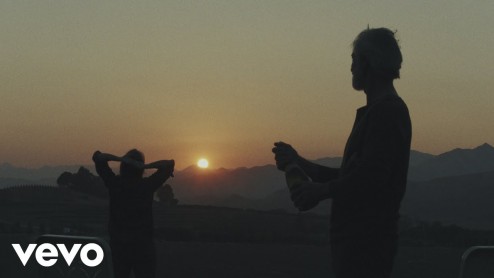 02
02CLIPS
-
Papaya Young Directors 5 Autorytety
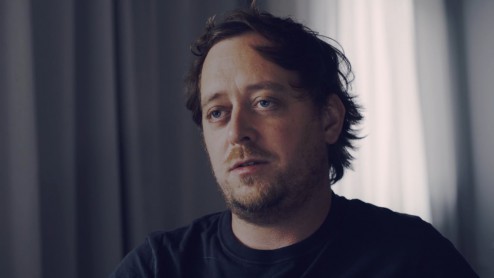 12
12Papaya Young Directors 5 Autorytety
-
Papaya Young Directors top 15
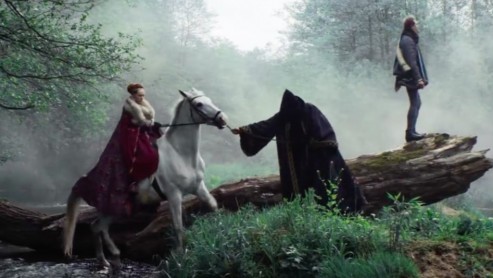 15
15Papaya Young Directors top 15
-
Original Series Season 1
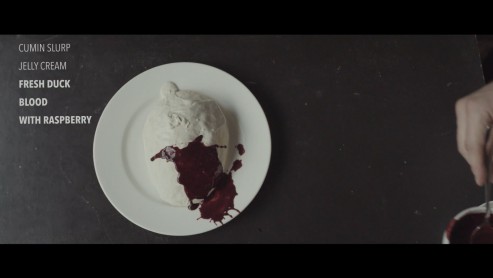 03
03Original Series Season 1
